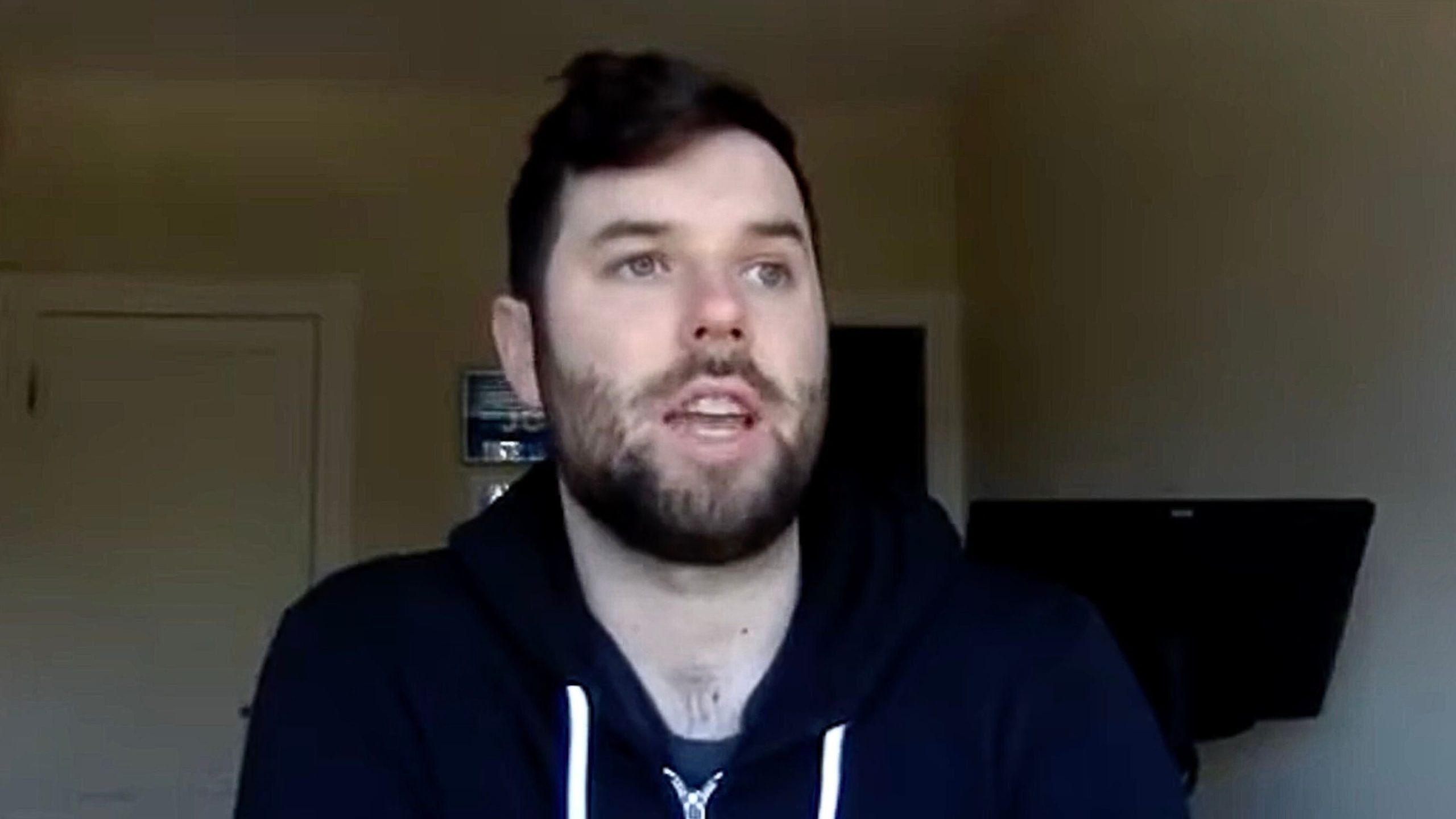Evidence keeps piling up that the use of the terms “misinformation” and “disinformation” has become the ultimate tactic to manipulate and censor people and content, invalidate legitimate arguments, and control the narratives.
Matt Orfalea writes about the case of Joe Biden, and the effort his team put into trying to convince voters that any (as it turned out, completely legitimate) talk about the president’s mental decline was “disinformation.”
Related: Biden’s New Frontier: Targeting “Misinformation” Around The World
A Zoom call between three members of that team has now surfaced, dating to the 2020 campaign, when questions were already being asked about the state of health of then-candidate Biden.
And according to them – the manipulative methods that they discuss, designed to dispel those concerns – supposedly resulted in Biden receiving 200,000 more votes than he would have.
Biden-Harris digital director Rob Flaherty, Biden’s Rapid Response Director Becca Rinkevich (after the election, the White House Deputy Director of Digital Strategy), and DNC Counter-Disinformation Program creator and lead analyst Tim Durigan were on the call when they spoke about how to counter “misinformation” regarding Biden’s health and other issues.
Flaherty, who is now Deputy Campaign Manager for Kamala Harris, is considered a key figure in the censorship efforts of the Biden administration during the past four years and is known for trying to influence social media like Facebook to silence Covid vaccine skeptics, including journalist Tucker Carlson.
At one point, Orfalea writes, he even refused to define “misinformation” while under oath.
However, Flaherty was more than comfortable talking about it during the video call, and pinpointing what “misinformation narratives” would be – for example, people discussing Biden’s corruption record, or the state of his mental fitness, among other similarly damaging topics to the then-candidate.
It proceeds from this that the definition of “misinformation” would be – “anything that the Biden team found inconvenient,” Orfalea notes.
Rinkevich agreed that discussing Biden’s mental decline was to be treated as “disinformation.”
And, ironically, even though legacy media – searching for any explanation for the outcome of the 2016 ballot, other than the will of the voters – mercilessly criticized Facebook and Cambridge Analytica, the Biden campaign team embraced Cambridge Analytica’s “psychographic targeting.”
“We targeted folks based on online behavioral cues, building out personas, based on the type of content they were consuming, what they were searching, the kinds of websites they were visiting so that we could target folks in real-time as they were exposed to that disinformation,” said Rinkevich.
Then there’s “true misinformation” (what would be the opposite of that, one wonders).
Tim Durigan didn’t, instead concurring that “true misinformation” was “a huge problem.”
Writes Orfalea: “(Durigan) wants social media to suppress ‘true misinformation’ to promote ‘authoritative’ news sources like NYT. Big Tech’s done that since ’18, but apparently not enough for Durigan.”
Get the full post here.










